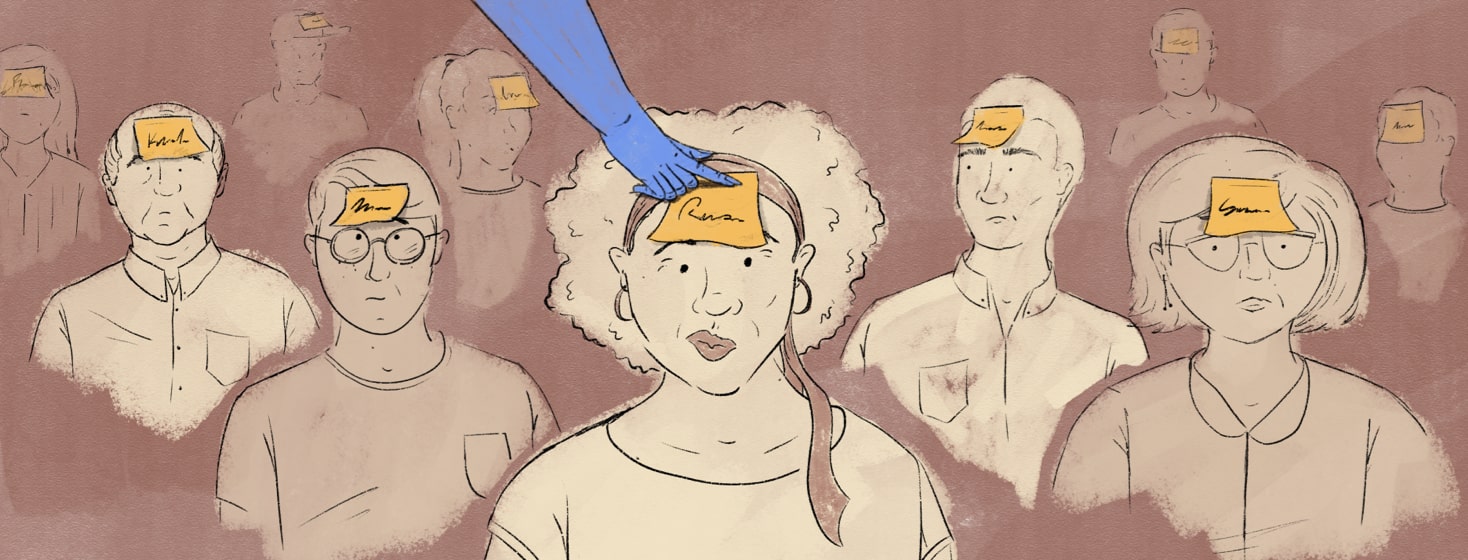What Does Epilepsy "Look" Like?
How many people have found themselves pinned in a stereotype? It’s not your fault by any means. Another person has an almost immediate perception of you. Research shows that a person will have a solid impression about you within seconds.1
Isn’t that crazy?! In December 2019, I had this happen to me while walking into watch "Star Wars Episode IX." I was pleasantly surprised to see a sign warning individuals with epilepsy that a portion of the movie contained flashing lights. (I am among the 3% of individuals with the type of epilepsy that includes photosensitivity.)
As I read the sign, my husband and I discussed if we should return our tickets. The gentleman letting people into the theater told me that the sign didn’t apply to me. He said to just ignore the sign and come through. I told him that I do have epilepsy, so it does apply to me.
I wasn’t trying to be rude. I know the man’s goal was not to ignore a potential safety need of mine. I wanted the gentleman to understand that even if I don’t have a physical marker, it doesn’t mean I (or others) don’t have a seizure condition.
Epilepsy stereotypes breakdown
I asked my family and friends what their stereotypes were of people with a seizure condition. Here are their answers:
- Bouncing around/uncontrollable movements
- Acts weird or has trouble with flashing lights
- Mainly children have epilepsy
- A person will look disabled in some way from previous seizures
- A person on the ground shaking and or seemingly unconscious
- Seizures happen when someone is injured or being injured (falling, car crashes, etc)
Before I found out I had seizures, I used to have a lot of these same perceptions. This is understandable, as some of these are symptoms of epilepsy – but this does not necessarily indicate the person has a seizure disorder or even a medical condition. Quirky people also fit some of these characteristics.
Epilepsy truths
People with epilepsy look like us and the gentleman at the theater. Anyone and everyone is the demographic. When 1 in 26 Americans will experience a seizure in their life, you can tell epilepsy and seizures do not discriminate. (Side note: Having a seizure does not mean you have epilepsy. We can talk about that later.)
So, don’t be fooled by your perception. Always make sure that the people in the "epilepsy stereotype breakdown" are okay because they might need medical attention. However, they might just like to avoid lights, be bad dancers, or think moving on the ground weirdly is fun. I know my daughter enjoys the last one.
And always remember you are not alone.

Join the conversation